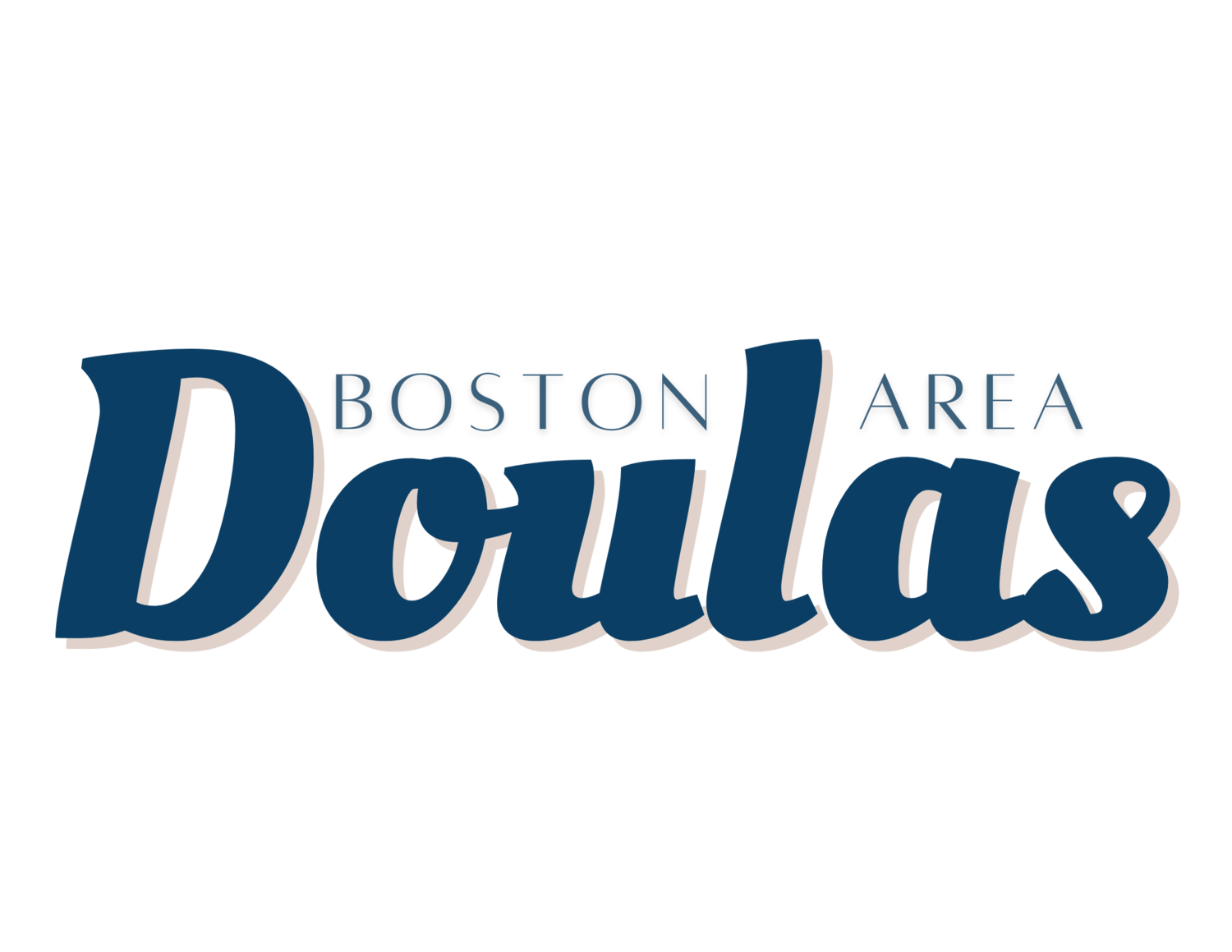Healing Postpartum Foods
Food is love. Food is fuel.
Quality food is a key part of healing after having a baby. Quality food continues to fuel parents of young kids. If you’re having a baby, find your people who will help feed YOU, not just your baby.
Image Credit: The Food Doula
Create a plan. INVEST in your postpartum HEALING by asking yourself:
♥️ What food is going to fuel me after my baby arrives?
♥️ How can we feed our family nutritiously in the first couple of months: Grocery store delivery? Meal Train? Take out? Home cooking? Others helping cook for us?
♥️ What is my plan to stay hydrated?
Before your baby arrives, here are a few options you can consider to aid in your recovery and feel nourished:
🍉Hire a postpartum doula who can prepare meals and snacks that fuel you and align with your preferences. Before your baby arrives, Boston Area Doulas work with you to make sure you have a plan to get the nourishing food you need. After your baby arrives, we make sure you’re fed and hydrated so that you can heal and be the best version of yourself.
🧀Meal prep or ASK OTHERS to make nutritious meals to prepare and freeze before the baby arrives. Ask a loved one to set up a MealTrain.com, so that friends can sign up to bring meals or pre-pay for take out orders you’ve chosen.
🍇Identify nutritious take-out restaurants and food items. Make your GrubHub order and save it in advance so that all you have to do it click “order” when you need it.
🚗 Check out postpartum meal delivery services like @bostonnewborncare & @ritualmeals
🥑Make a list of snacks that can be eaten with one hand:
Cheese and crackers
Peanut butter and apples
Hummus and veggies
Grapes
Burritos
🥝Set up your grocery delivery. Save items in the cart so it’s ready to go in those first few days post-birth.
After having a baby, “eating well” is easier said than done.
You are sleep deprived, physically recovering from labor and birth, and focused on getting your baby fed. All of this can lead to POSTNATAL DEPLETION. Think of a car running on empty. It stops functioning after a while.
Here’s why you may be feeling depleted after birth:
🥣Nutrients are given to your baby during pregnancy.
🔻During birth, you lose blood: about 17 oz with uncomplicated vaginal birth and 34 oz with uncomplicated cesarean birth. To put this in perspective, you lose about 2.7 oz of blood during a week of menstruation.
💦Nutrients are depleted while breastfeeding.
💤You are sleep deprived. One week of sleep deprivation can affect blood sugar to a point where you can be classified as pre-diabetic.
🤢Sleep deprivation also affects your immune system, digestion, and body’s detoxification system.
⚠️Social isolation can take place as you transition into parenthood. This can have lasting effects on your physical and mental health.
Here’s what you can do to combat postnatal depletion:
❤️ Hire a postpartum doula (seem repetitive?) It is never too late to get the help you deserve. Postpartum doulas support parents and babies anytime within the first year of a baby’s life.
🍊 Make sure you’re getting important new postpartum nutrients: magnesium, iron, calcium, vitamin C (helpful for collagen synthesis and wound recovery).
🥚 Aim for this combination with your snacks and meals: 30% protein, 30% fat, 40% carbs
♻️Find proteins that are more “bioavailable,” meaning that can be absorbed more easily by your body. In general, animal proteins have more nutrient and protein bioavailability than plant proteins. Sauteed greens are a great way to make your plant proteins more bioavailable.
💡Find and make a plan to have great postpartum recovery foods before your baby arrives (i.e. make them yourself or ask someone to help you!). Check out postpartum healing recipes from @lilynicholsrdn. For example, she recommends:
🍜 Soups, hearty stews, and curries made with bone broth.
🥩High-iron, high-protein foods, such as slow-cooked meat, chilis, and meatballs.
🥜High-fat foods, like pork, butter/ghee, fatty fish, nuts/seeds, etc.
🍲Foods rich in omega-3 fats, such as seafood, eggs, and grass-fed beef.
🥗Iodine-rich foods, such as fish/seafood or seaweed-infused broths, or roasted seaweed.
🍠Soft-cooked vegetables that are easier to digest than raw vegetables.
🍛Well-cooked grains/starches, such as oatmeal, rice, sweet potatoes, plantains, etc. (eaten alongside plenty of fat and protein to provide enough energy and stabilize your blood sugar).
Foods nourish new moms and families. As Pooja Makhijani puts it, “There is immeasurable value in nourishing the birth parent. The foods represent rest and assistance, necessary for physical and emotional healing,” (New York Times, Feb 25, 2021).
For more help navigating the seismic shift into parenthood, reach out to the Boston Area Doulas team.
www.bostonareadoulas.com


